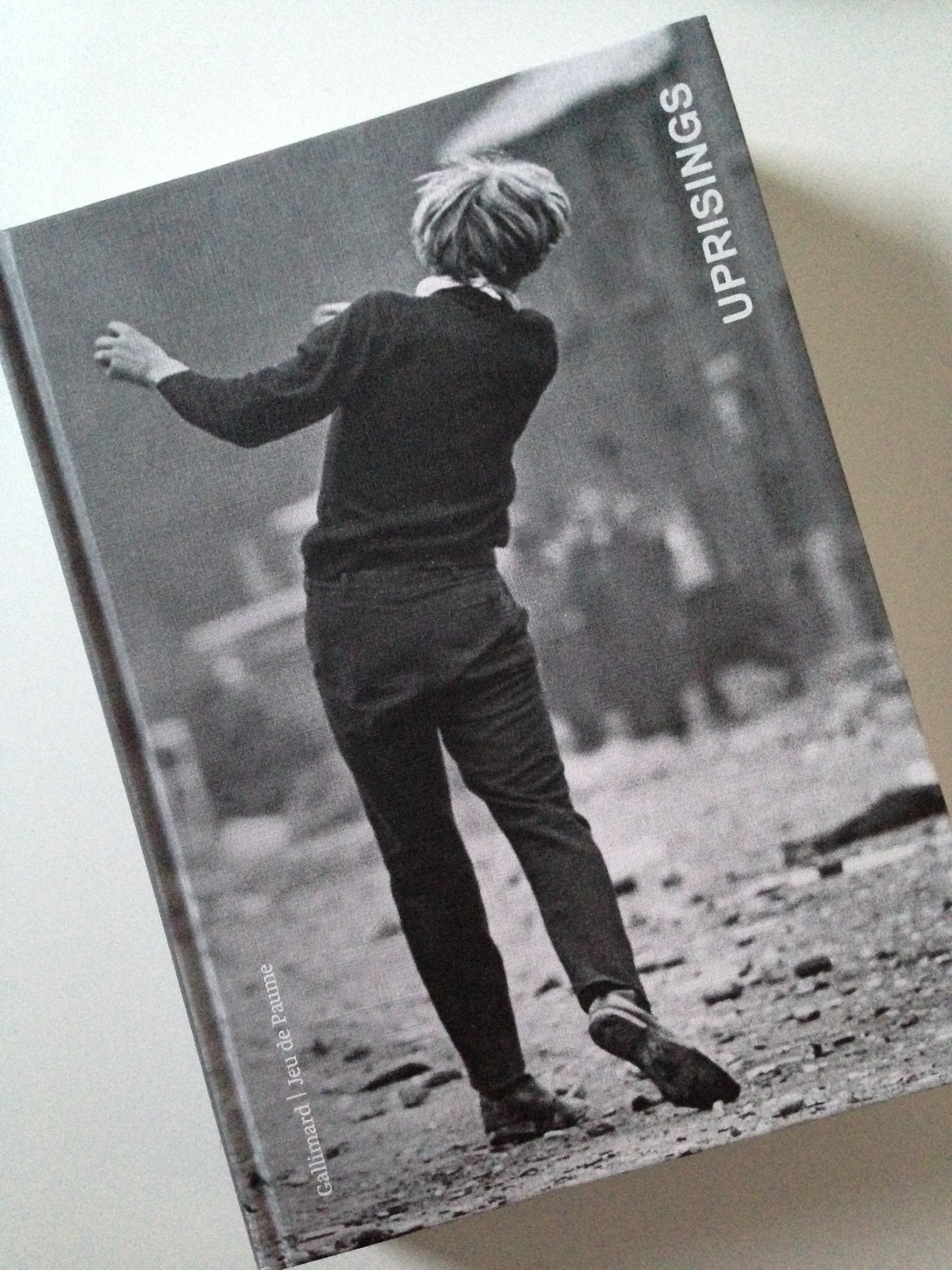Top Ten Books of 2017
Reviewing the books I read this last year it became clear that, consciously or not, they adventured both inwardly and outwardly, endeavoring to make sense of my own values, morals and mores in a landscape of social tumult and civic degradation. Perhaps, as books should, they say a little something about me as well as to me. One of the works – Uprisings – is, in fact, a book that accompanies a museum exhibition. As the foreward to that book says, it is a montage of “words, gestures, and actions, which defy submission to absolute power.”
A small note on the selection of my top ten: These are books I read during during 2017, not necessarily a selection of those published during this year. I hope you enjoy reading them as much as I did.
Blitzed: Drugs in the Third Reich by Norman Ohler
Undoubtedly the best book I read this year. Ohler shows how German drug manufacture and the overwhelming role of drug-taking in the Third Reich, from Hitler to housewives, must change our view of WWII. The Nazis presented themselves as warriors against moral degeneracy. Yet, as Norman Ohler’s gripping bestseller reveals, the entire Third Reich was permeated with drugs: cocaine, heroin, morphine and, most of all, methamphetamines, used by everyone from factory workers to housewives, and crucial to troops’ resilience – even partly explaining German victory in 1940. The promiscuous use of drugs at the very highest levels also impaired and confused decision-making, with Hitler and his entourage consuming vast cocktails of drugs.
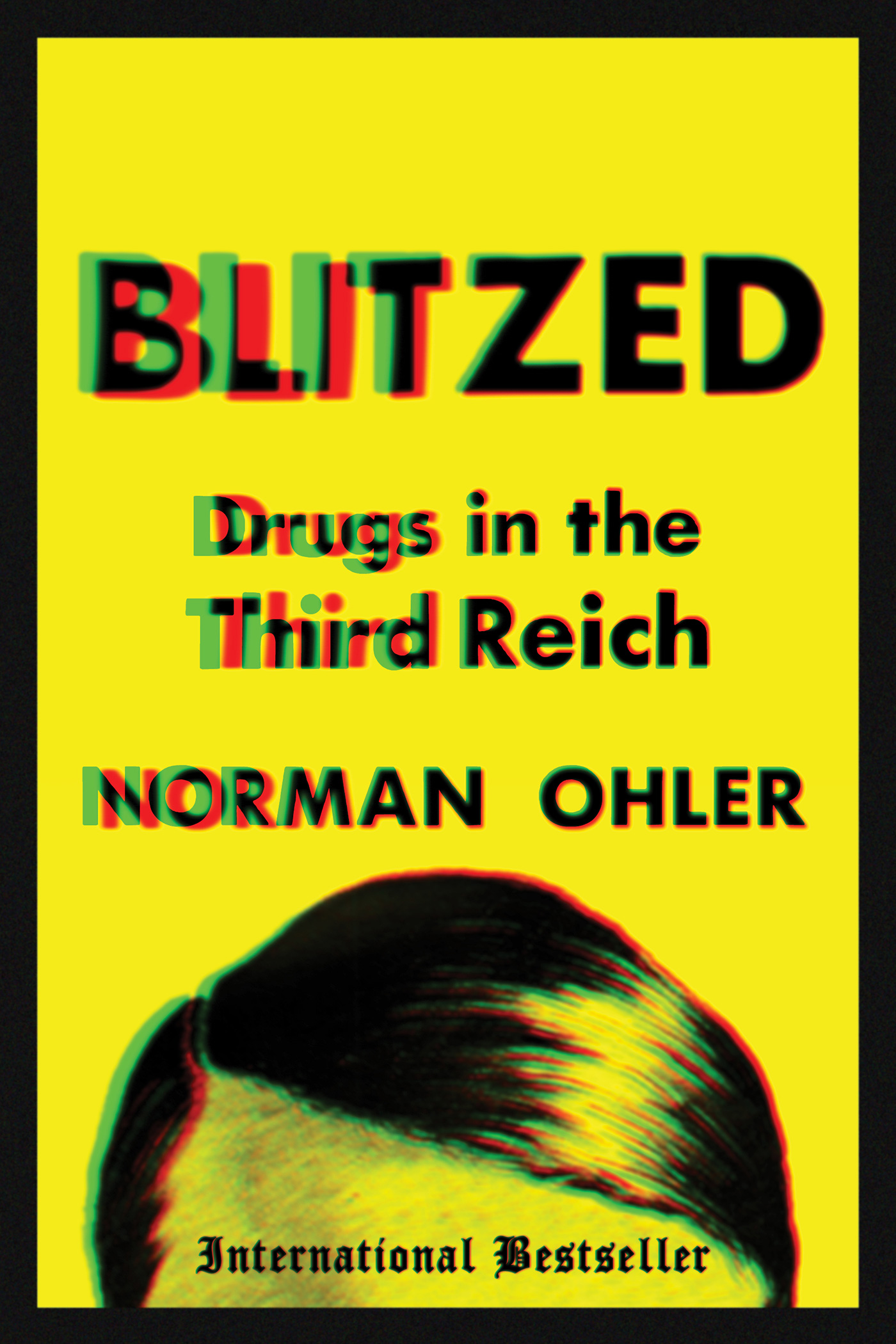
A Life Worth Living: Albert Camus and the Quest for Meaning by Robert Zaretsky
Exploring themes that preoccupied Albert Camus – absurdity, silence, revolt, fidelity, and moderation. For Camus, rebellion against injustice is the human condition. Zaretsky observes “… Camus diagnoses one of the ‘faults of our century’: people attached to the language of ideology or bureaucracy, he states, ‘lack imagination when it comes to other people’s deaths… just as we now love one another by telephone and work not on matter but on machines, we kill and are killed by proxy. What is gained in cleanliness is lost in understanding’.” How Camus would despair at this century…
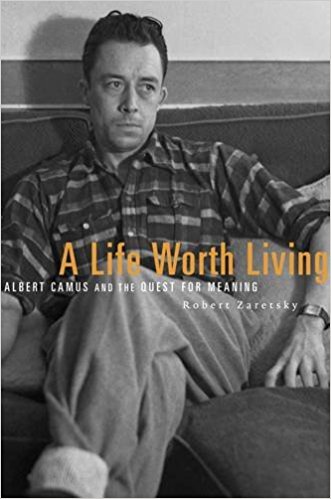
Diaghilev: A Life by Sjeng Scheijen
An accomplished, flamboyant impresario of all the arts, Diaghilev became a legendary figure. Founder and impresario of the Ballets Russes, he revolutionized ballet by bringing together composers such as Stravinsky and Prokofiev, dancers and choreographers such as Nijinsky and Karsavina, Fokine and Balanchine, and artists such as Picasso, Matisse, Bakst, and Goncharova. Born to a minor noble family in a remote part of Russia, he became a central figure in the artistic worlds of Paris, London, Berlin, and Madrid during the golden age of modern art. He lived through bankruptcy, war, revolution, and exile. Furthermore he lived openly as a homosexual and his liaisons and his turbulent friendships gave his life an exceptionally dramatic quality. A complex and powerful personality, with boundless creative energy, springs to life here.
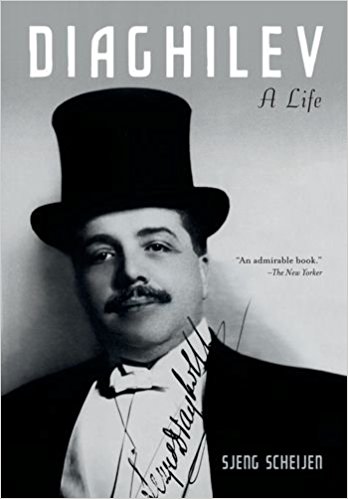
The Wild Places by Robert Macfarlane
Inspired by Macfarlane’s The Old Ways, I turned to The Wild Places, which recounts Macfarlane’s search to discover the genuinely wild places left in Britain and Ireland. Macfarlane is no mere travel writer, memoirist or angst-ridden citizen of the twenty-first century seeking self-discovery. His wiring is lyrical, elegant and quietly passionate as he entwines history, memory, and landscape in a bewitching evocation of wildness and its vital importance.
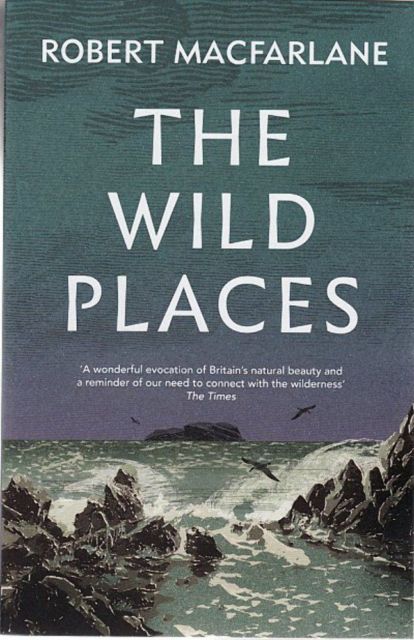
Quarry by Meredith Ann Fuller
In this psychological mystery, Rose – a young girl of Finnish and Irish descent – loses her father under traumatic circumstances. Seeking answers, Rose learns to read landscapes of the natural world and the human heart, confronts history and its suppression, and charts her place in the reality and mythology of immigration to America.
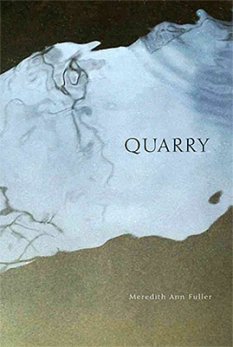
The Beat Generation & The Angry Young Men edited by Gene Feldman and Max Gartenberg
Given the year that was, and not having spent much time with this generation of writers, this selection of writings from America’s Beat Generation and from Britain’s Angry Young Men continue, as it did over 50 years ago, to arouse curiosity and controversy. Writers include Jack Kerouac, John Osborne, Colin Wilson, Norman Mailer, Kenneth Rexroth, Allen Ginsberg, Carl Solomon, & others and contains poetry, drama, essays, short stories and excerpts from novels.
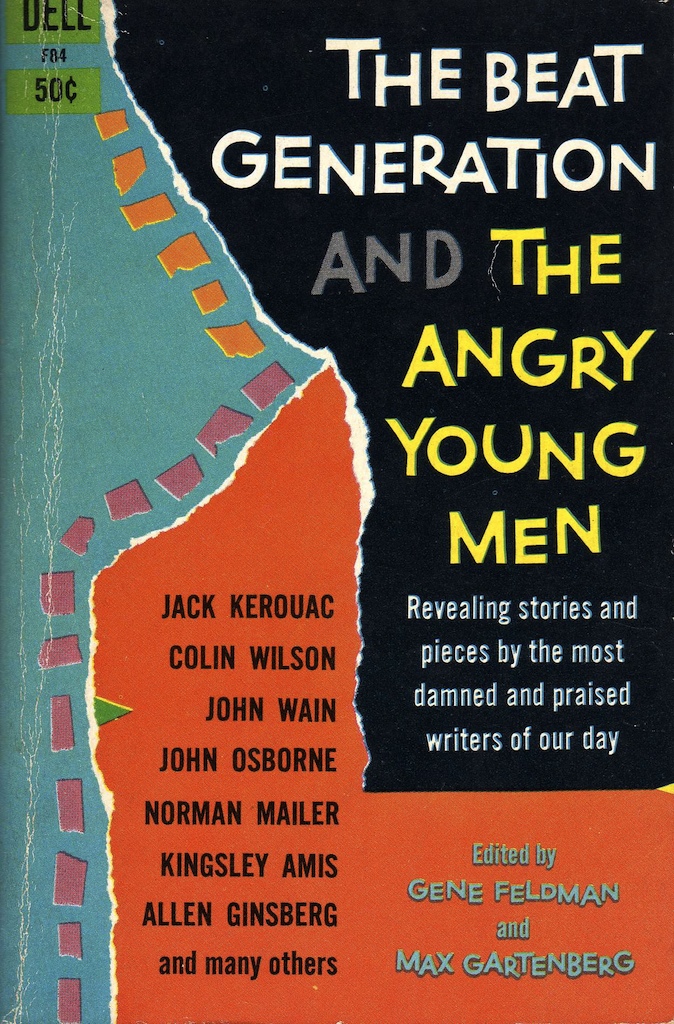
Carpe Diem Regained by Roman Krznaric
An historic exhortation, “carpe diem” has been hijacked and reduced simply to the idea of living in the here and now, and the instant hit of one-click online shopping. Krznaric’s book explores five very different ways humankind has discovered over the centuries to seize the day, drawing on everything from the neuropsychology of regret to the anthropology of play, from medieval carnival rites to religious conceptions of the afterlife and early Japanese cinema. Krznaric unpacks the history, philosophy and modern-day applications of ‘seizing the day’ while rousing us to the daunting challenge of leading a meaningful life.
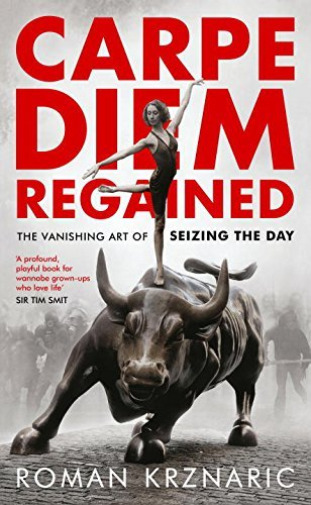
No More Work: Why Full Employment Is A Bad Idea by James Livingston
Livingston wittily and provocatively skewers the “jobs are the answer” mantra and dismantles the trope that full employment is the solution to economic success and, hence, social harmony. What happens when there is no more work or, at least, no more of that romanticized work we insist on believing will exist long into the future? Livingston boldly shows us that we can afford to leave that world behind and create a better alternative.
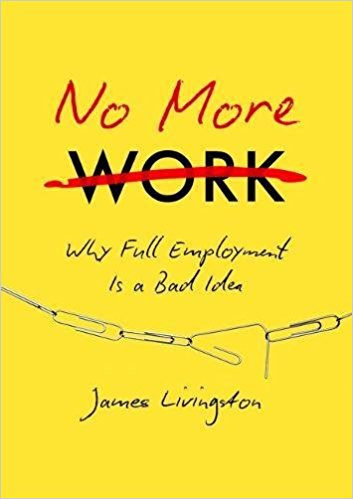
The News: A User’s Manual by Alain de Botton
A real book for a time of so-called fake news, like all of de Botton’s writing, this is another insightful analysis – this time of the impact of the incessant news machine on us and our culture. How to make sense of the torrent of news we face daily, which has a huge influence on our sense of what matters and of how we should lead our lives? Alain de Botton takes twenty-five archetypal news stories—including an airplane crash, a murder, a celebrity interview, and a political scandal—and submits them to intense analysis. Why are disaster stories often so uplifting? Why do we enjoy watching politicians being brought down? Why are upheavals in far-off lands often so boring? What makes the love lives of celebrities so interesting? De Botton provides a guide for us to intelligently and thoughtfully consume the news.
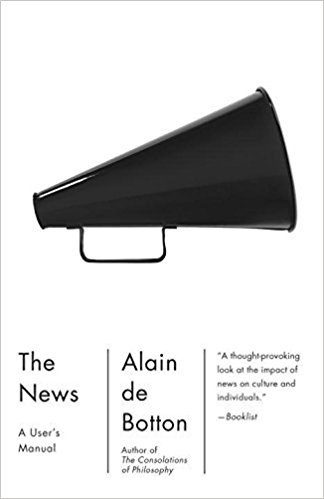
Uprisings edited by Georges Didi-Huberman with essays by Nicole Brenez, Judith Butler, Marie-José Mondzain, Antonio Negri and Jacques Rancière
This book is, in essence, a comprehensive catalog to accompany an exhibition at the Jeu de Paume, Paris, between 18th Oct 2016 – 15th January 2017. Paintings, drawings, films, sculptures, videos, installations, and archival documents, made across centuries and geographies, reveal the intersection of rebellion, upheaval and art. You can explore some of that art here (text is in French). In an era described by curator Georges Didi-Huberman as “dark times, leaden times,” the theme expressed in the exhibition and this book of “rising up,” suggests the possibility of liberation and the potency of small acts of revolution. The essays in this book, and the associated images, yield a surprising optimism in me.
